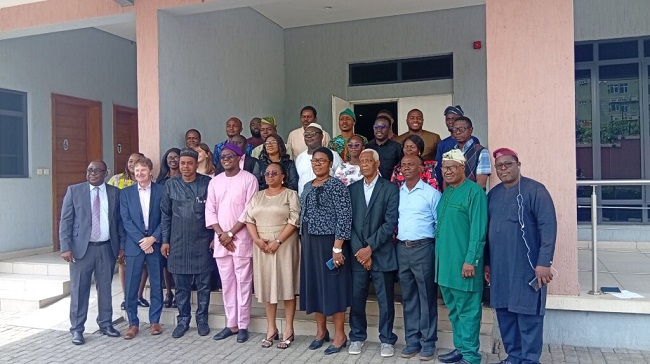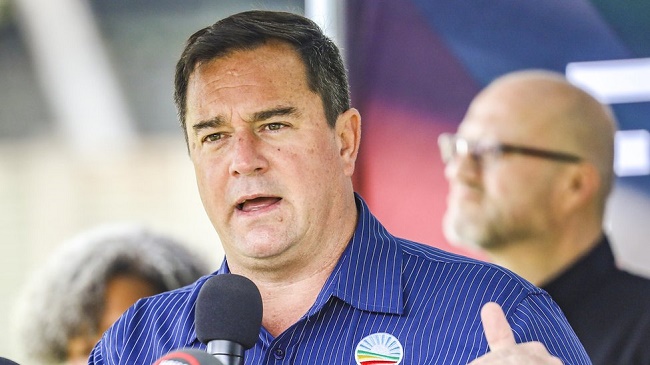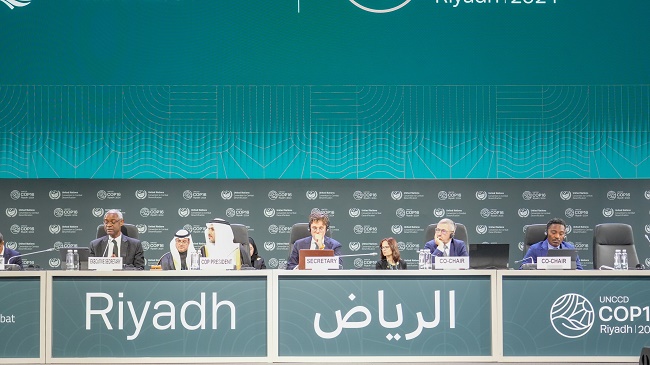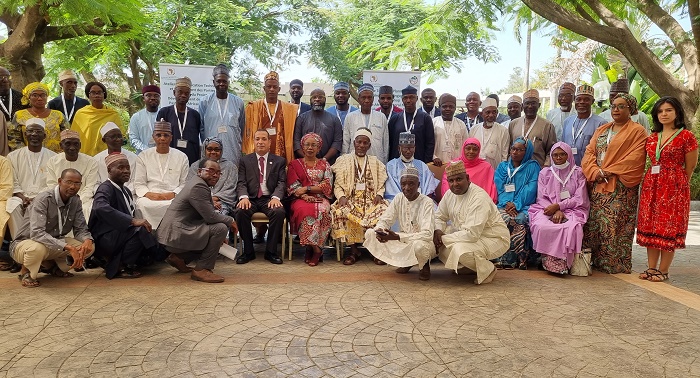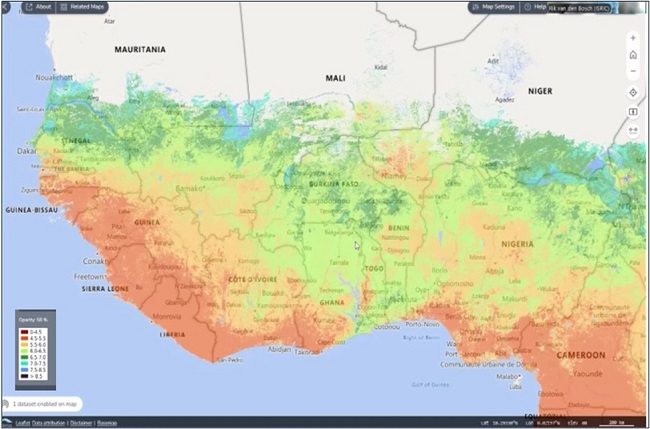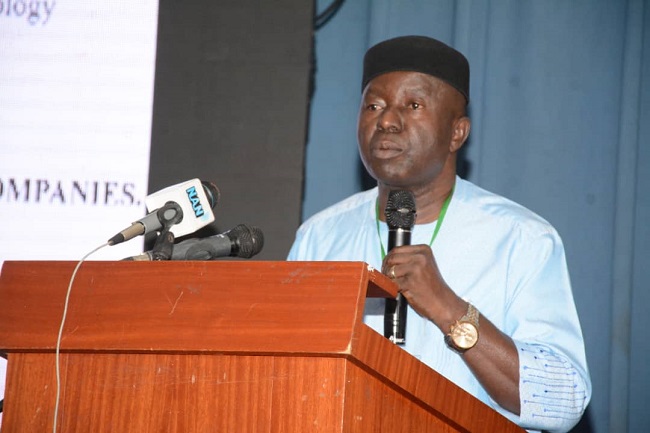The World Bank Group has unveiled a record $100 billion financing package for the 21st replenishment cycle of the International Development Association (IDA21), the largest in the fund’s history. This commitment includes a joint contribution of $23.7 billion from 59 donor countries.
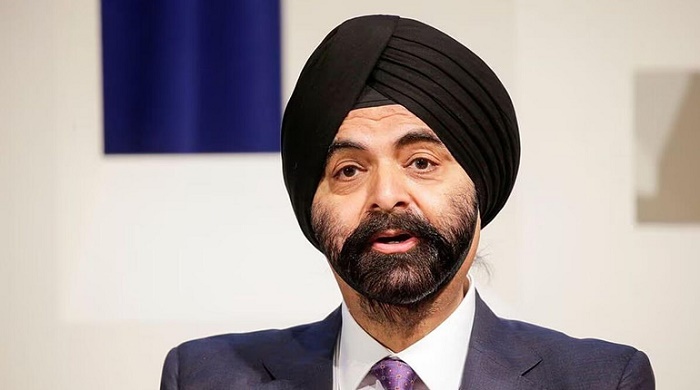
The IDA21 replenishment will provide critical support to low-income countries over a three-year period, from FY2025 to FY2028, strengthening global efforts to address poverty, inequality, and climate change.
The final commitments were made during the replenishment meeting in Seoul, South Korea, held from December 5 to 6, 2024, which brought together World Bank management, governments, and various other stakeholders. The IDA21 financing package surpasses the historic commitment of $93 billion made during the previous replenishment cycle (IDA20).
This funding is vital for 78 countries, including some of the world’s poorest nations, as they work to tackle pressing challenges such as poverty, food insecurity, conflict, fragility, debt burdens, and climate resilience. It is particularly significant for Africa, a major recipient of IDA support – in 2023, nearly 70% of all IDA financing went to African countries. Earlier this year, African leaders called for a replenishment of at least $120 billion in 2024. While the $100 billion allocated falls short of these calls, it still represents an overall increase in funding.
The announcement comes on the heels of a commitment by developed countries to provide $300 billion annually by 2035 for climate finance to developing nations at COP29 last month. However, many developing countries expressed concern that this amount falls significantly short of the financing needed to address the climate crisis. A key demand from these countries at COP29 was for financing to be provided on grant or grant-equivalent terms, given the high debt levels facing many low-income nations.
IDA remains one of the few international financing sources that offer grant financing for countries experiencing severe debt distress, which affects more than half of IDA-eligible countries and very low-cost financing to the remaining countries. Therefore, further to the announcements made at COP29, the IDA contribution will provide a boost to countries to help them meet their adaptation financing needs.
The development has however generated mixed reactions from stakeholders.
Savior Mwambwa, Programme Manager – Economic & Climate Prosperity, Open Society Foundations (OSF), New York, said: “IDA21 represents a critical holding operation – necessary and important – but it falls short of the transformative change we urgently need. The fundamentals of development finance are shifting rapidly, and we must keep pace.
“In the area of climate finance, despite extensive dialogue, there is still no clear framework defining IDA’s role within the broader climate finance architecture. The push for loss and damage funding at COP28 only underscores the urgency of establishing this clarity.”
Hannah Ryder, CEO, Development Reimagined: “From a borrower perspective, the result is a disappointment. The World Bank and donors of course will be keen to present this result as a win, especially in the context of so much bad news these days. And in some ways it is – it is a record in nominal terms and for some donors such as Spain it is a record in both nominal and real terms.
“However, overall, it falls short of modest African leadership calls for at least $120bn, especially because for some donors such as the UK their contributions were close to record lows, especially in real terms, and the commitment to a new climate finance goal made just a few days ago clearly did not factor into their calculations. So while African governments will duly welcome the continuty of IDA access, they will also digest the disappointing underlying message of maintaining the status quo whereby African governments will be the ones who have to work the hardest.
“They will need to work hard to access IDA for fairly small projects – on average $34 million – and will not be able to use this crucial instrument for transformational projects. Nor will IDA necessarily broaden the space for increasing education or health budgets. That space will remain highly constrained, especially in high-inflation environments and ever-increasing populations. Overall – it’s a a disappointing demonstration of what ‘global solidarity’ means today.”
Ndidi Okonkwo Nwuneli, CEO of ONE: “Today’s pledging conference was a bold breakthrough in leadership to provide the investments needed to create economic opportunities and healthier lives. Investing in IDA is not just a catalyst for growth – it is a chance to strengthen trust between G7 and African nations, fostering global stability and security. It is also an investment in the future. Thirty-five countries have moved from IDA recipients to donors, proving that with the right investment countries can become self-sufficient and support others to do the same.”
Amy Dodd, Independent Consultant: “At a time when the world is struggling through a climate crisis, challenging economic headwinds and deep political instability putting multilateralism under threat, a successful replenishment of $100 billion of the world’s biggest fund for the poorest people and places is something to celebrate. IDA’s ability to leverage contributions means every dollar in will be $3.50 out for countries struggling through what the Bank has called a ‘record’ debt crisis.
“This replenishment saw traditional IDA donors joined by 16 (check) new contributors, growing the donor base for IDA by almost a third. We know we need more to genuinely tackle the challenges the world is facing – but this is a great start and shows the world’s richest countries can do if they choose to pull together.”


